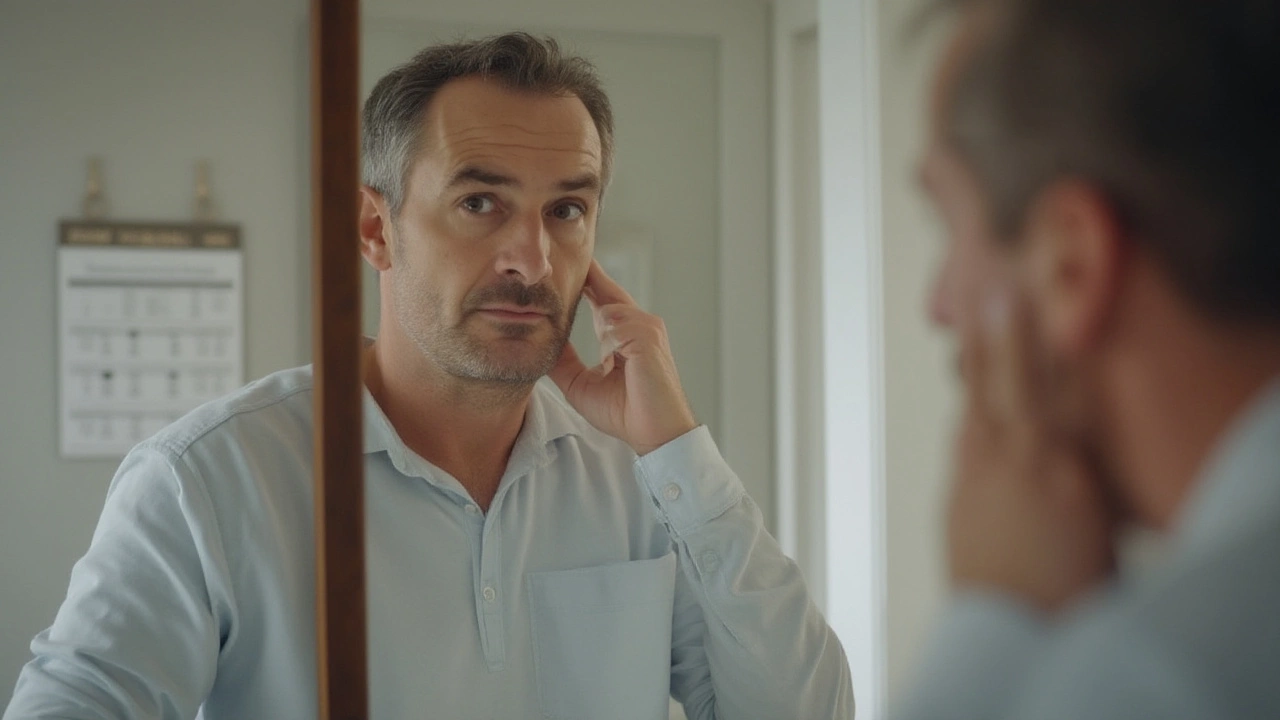Low Testosterone: What It Really Means for Men and How to Take Back Control
When we talk about low testosterone, a condition where the body produces less of the primary male hormone, leading to physical and mental changes. Also known as hypogonadism, it’s not some rare aging issue—it’s something happening to men in their 30s and 40s right now, often unnoticed until energy crashes, motivation fades, or confidence slips away. This isn’t about being weak or getting older. It’s about biology, lifestyle, and the quiet erosion of what makes you feel like yourself.
Low testosterone doesn’t just show up as a lack of libido. It shows up as fatigue that sleep doesn’t fix, brain fog that makes decisions harder, mood swings that surprise even you, and muscle loss that happens even when you’re still lifting. It’s tied directly to energy and motivation, the internal drive that fuels daily action, focus, and resilience. When testosterone drops, your body doesn’t just slow down—it starts prioritizing survival over strength. And that’s where many men get stuck, thinking it’s stress or laziness, when it’s actually a hormonal signal their body is begging them to pay attention to.
What you see in the posts below isn’t theory. It’s what real men have used to reverse the slide. You’ll find guides on how to rebuild mental strength when your body feels drained, how to fix your mindset when your energy’s gone, and how daily habits—from sleep to movement to stress management—can quietly restore balance. These aren’t quick fixes. They’re the kind of consistent, unglamorous actions that actually work when your body’s out of sync. You’ll also see how hormonal balance, the stable, natural state where your body’s key chemicals work together without disruption isn’t about pills or potions—it’s about how you live, eat, move, and rest. And how male health, the foundation of physical, mental, and emotional well-being for men isn’t just about avoiding disease—it’s about staying sharp, strong, and in control of your own life.
There’s no magic here. No supplements promising miracles. Just clear, practical steps from men who’ve been where you are and chose to do something about it. What follows is a collection of real strategies—not for fixing a symptom, but for rebuilding your foundation. If you’ve felt off lately, and no one’s told you why, this is where you start.

Early Signs of Low Testosterone in Men: What to Look For and How to Respond
Learn how to recognise early signs of low testosterone, the typical symptoms you should never ignore, and straightforward actions for long-term men's health.
